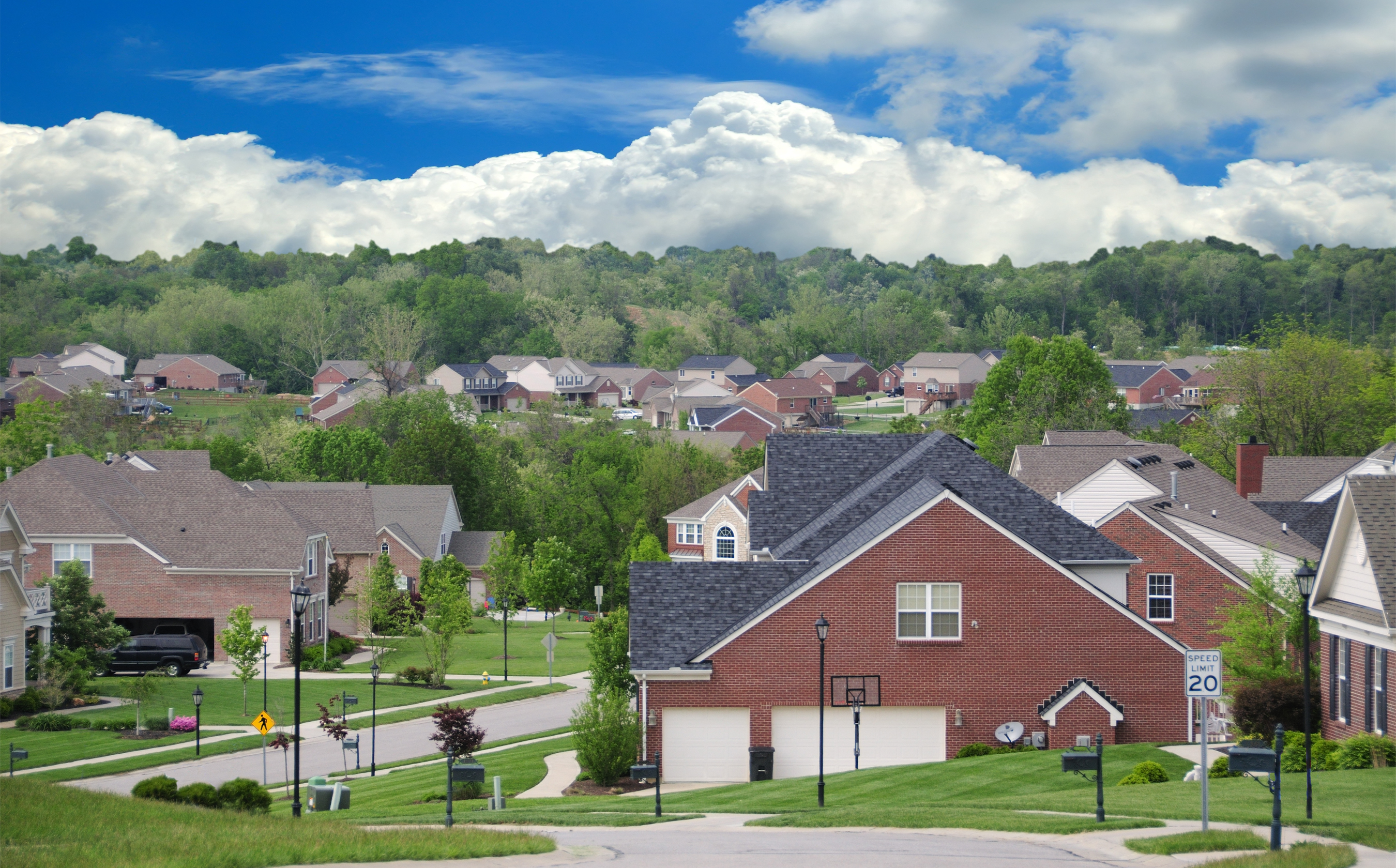It’s no surprise that flipping real estate can be a difficult process. Budgeting, corresponding with construction companies, and selling the property all require significant planning and effort. In some situations, properties governed by covenants, conditions and restrictions (CC&Rs) and Homeowners Association (HOA) rules can become even more complicated. Moreover, since over half of the owner occupied households in the U.S. are located in an HOA neighborhood, you’re bound to run across a property that is governed by a CC&R.
Here are some tips to help you manage these properties smoothly.
1. Plan for additional fees
Properties under an HOA come with additional fees, such as monthly dues, that need to be accounted for when budgeting for your property. When researching a potential investment, you should be able to get a breakdown of the HOA fees in the listings. Some Homeowners Associations post their CC&R’s online. If not, then make sure to find out the name of the treasurer of the HOA board and get in touch with them. Other things to look for:
- What does the monthly dues cover?
- What is the delinquency rate for the HOA?
- Number of special assessments in the past five years.
- Are any special assessments anticipated?
These fees can vary depending on the property and location. Some are as little as $100 each month, while others cost well over $1000. With that being said, the national average of HOA fees tends to be somewhere between $200 and $300 every month, which is quite manageable.

2. Find out all of the rules
Before you begin restoring your investment property, you’re going to need to find out all of the rules and regulations. If possible, do this before investing. That way, you’ll be able to determine if it’s worth it to actually purchase the property.
The last thing you want to do is change the exterior of the house, only to find out that it’s in violation of CC&Rs. You definitely don’t want to spend your time and money renovating something that has to be removed or altered. Also, don’t assume that minor things won’t be in violation of HOA rules. The colors you choose to paint your house, planting or removing trees and shrubs, and even the type of mailbox used are all commonly regulated by the HOA.
3. Work with the HOA, not against them
This is a problem that a lot of renegade homeowners have, and it’s likely to cause problems for the stubborn investor as well. Make sure that you learn the rules and respect them, and don’t make enemies with the HOA. Homeowners Associations can have the power to take owners to court and file liens for breaking CC&Rs or for non-payment of dues. In some extreme cases, HOAs have even legally foreclosed on properties and sold them to pay an outstanding balance.
The truth of the matter is that HOAs don’t exist to cause problems or dictate what property owners can and can’t do. Their purpose is actually to preserve the integrity of the neighborhood and ensure that nobody’s property value dramatically decreases because of events within the community’s control. For this reason, it’s best to always work with the HOA and respect the CC&Rs put forth by the organization.



